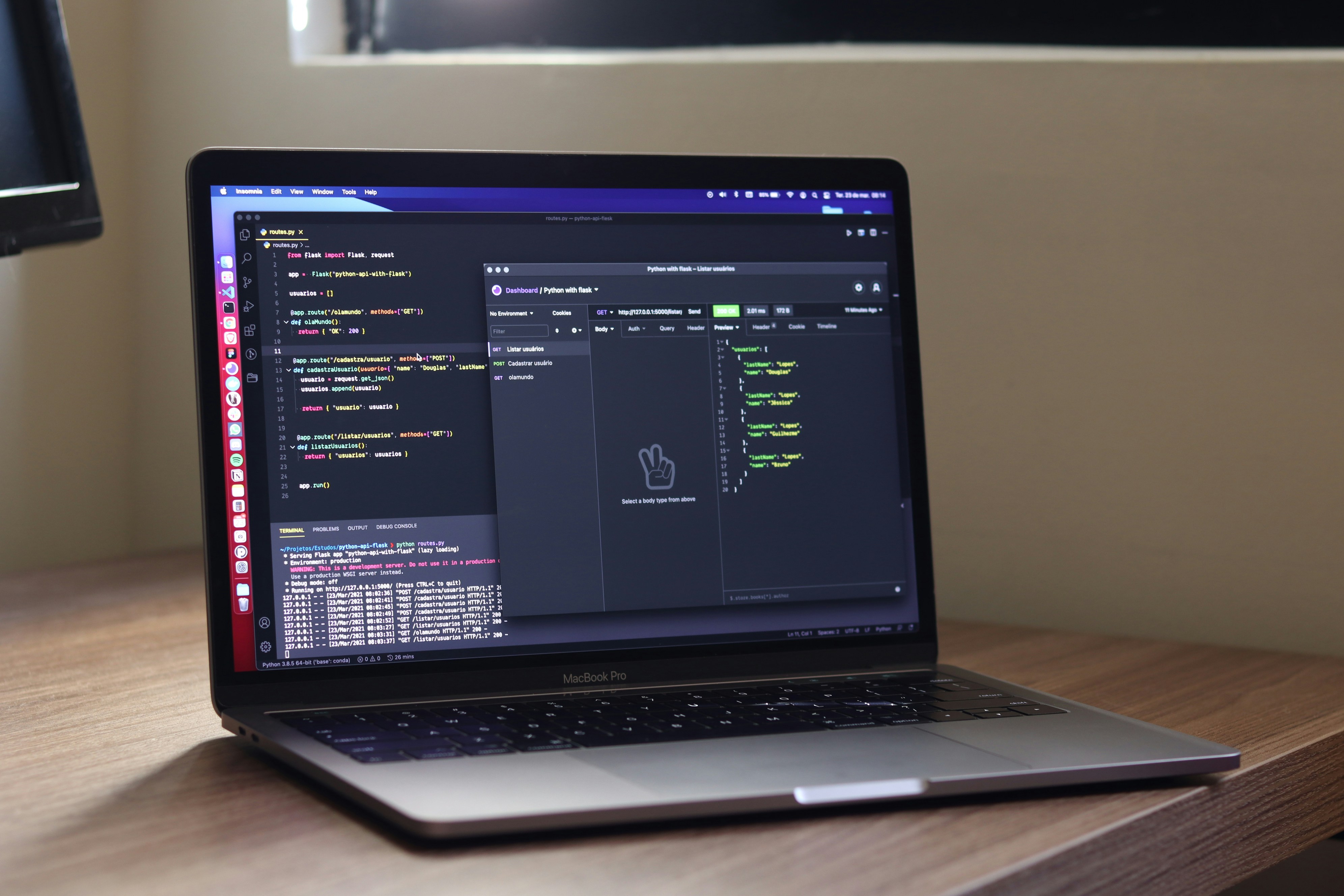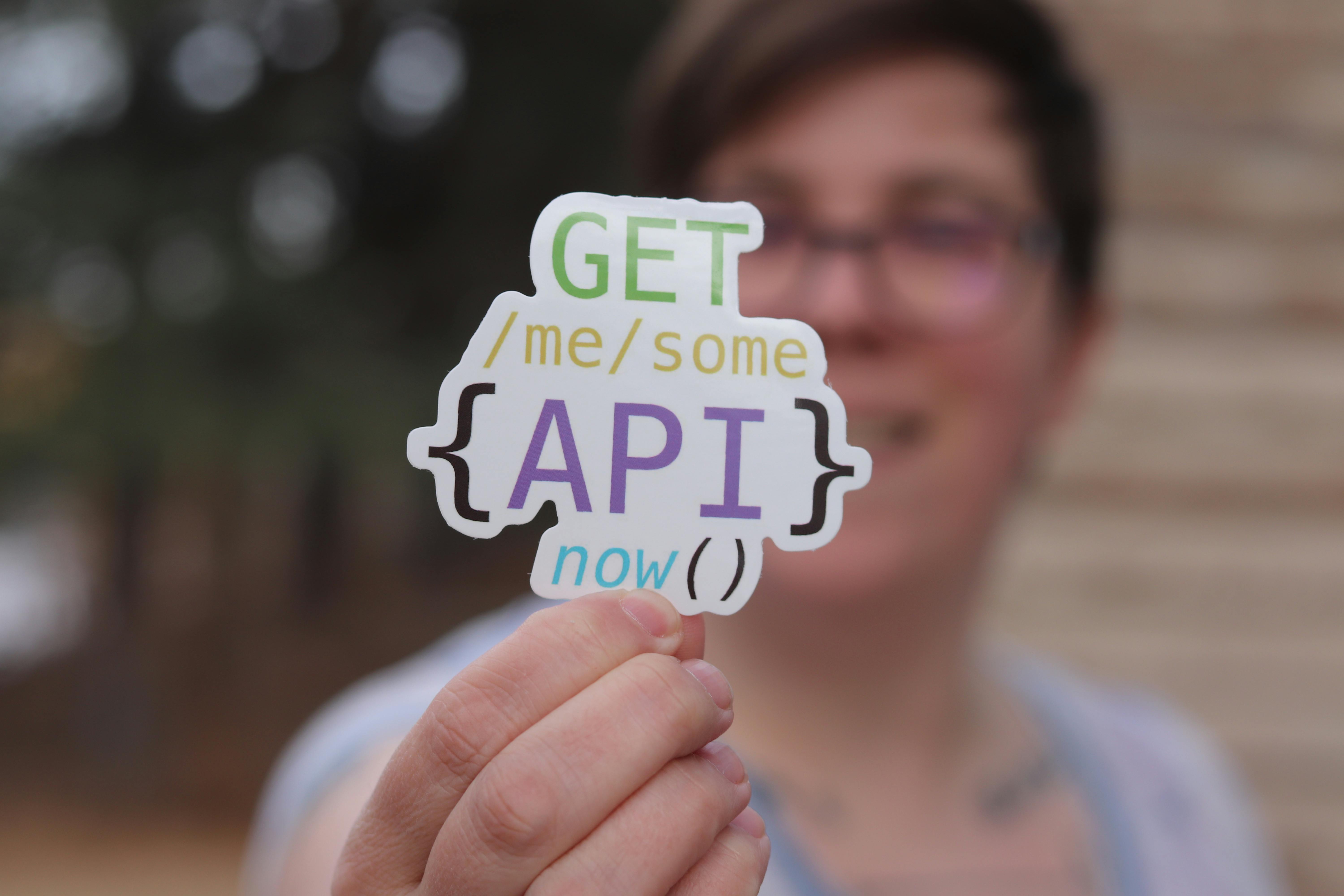When it comes to building web applications with Python, Flask and FastAPI are two of the most popular choices. Both Flask and FastAPI are micro web frameworks that are easy to learn and use, but they differ in terms of performance, features, ease of development, and community support. In this article, we will provide a comprehensive comparison between FastAPI and Flask, and help you decide which framework is the best fit for your project.
Introduction to Flask and FastAPI
Flask
Flask is a lightweight web framework that was first released in 2010. It is easy to learn and use, making it a popular choice for beginners and small projects. Flask follows a simple and minimalist design, which makes it highly customizable and flexible. Flask provides basic functionalities such as routing, request handling, and template rendering, and allows developers to extend its capabilities using various Flask extensions.
FastAPI
FastAPI is a relatively new web framework that was first released in 2019. It is built on top of the Starlette framework and uses Python type annotations to provide an easy-to-use and highly performant API framework. FastAPI is designed to be easy to learn and use, and provides several features out of the box, including automatic API documentation, data validation, and asynchronous support.

Representative image of API - Source: pixabay.com
Comparison between Flask and FastAPI
Performance
FastAPI is significantly faster than Flask due to its use of Python type annotations, which enables static type checking and code optimization. FastAPI is built on top of the Starlette framework, which is optimized for high performance and asynchronous programming. Flask, on the other hand, is a more lightweight framework and has less overhead, making it less performant than FastAPI.
Features
FastAPI provides several features out of the box that are not available in Flask, such as automatic API documentation, data validation, and built-in support for asynchronous programming. Flask, on the other hand, has a vast collection of Flask extensions that provide additional features such as database integration, user authentication, and caching.
Ease of Development
Flask is known for its simplicity and ease of use, making it an ideal choice for beginners and small projects. Flask’s minimalist design allows developers to customize and extend the framework as needed. FastAPI, on the other hand, has a steeper learning curve due to its use of Python type annotations and asynchronous programming. However, once the learning curve is overcome, FastAPI can provide significant benefits in terms of development speed and performance.
Community Support
Flask has been around for a decade and has a large and active community of developers who contribute to the development of Flask extensions and plugins. Flask’s large community also provides comprehensive documentation, tutorials, and support forums. FastAPI, being a relatively new framework, has a smaller community of developers. However, the FastAPI community is growing rapidly, and the framework has gained significant traction in a short amount of time. FastAPI provides official documentation and several community-contributed resources such as tutorials, blog posts, and code examples.
Conclusion
Choosing between FastAPI and Flask ultimately depends on your project’s requirements and your experience level. Flask is a lightweight and customizable framework that is easy to learn and use, making it an ideal choice for small projects and beginners. FastAPI, on the other hand, is a highly performant framework that provides several advanced features out of the box, making it an ideal choice for larger and more complex projects. With this comparison guide, you should be able to make an informed decision on which framework is the best fit for your project.

 FastAPI - the best tool to make API in python
FastAPI - the best tool to make API in python